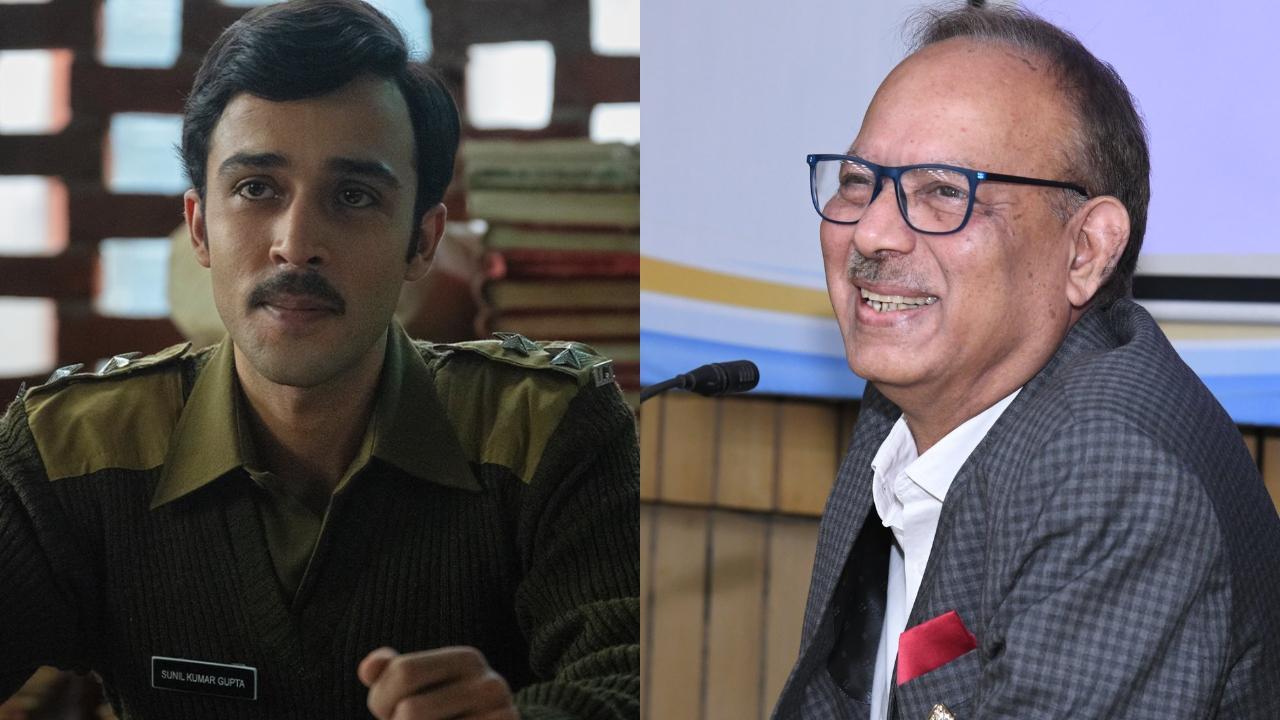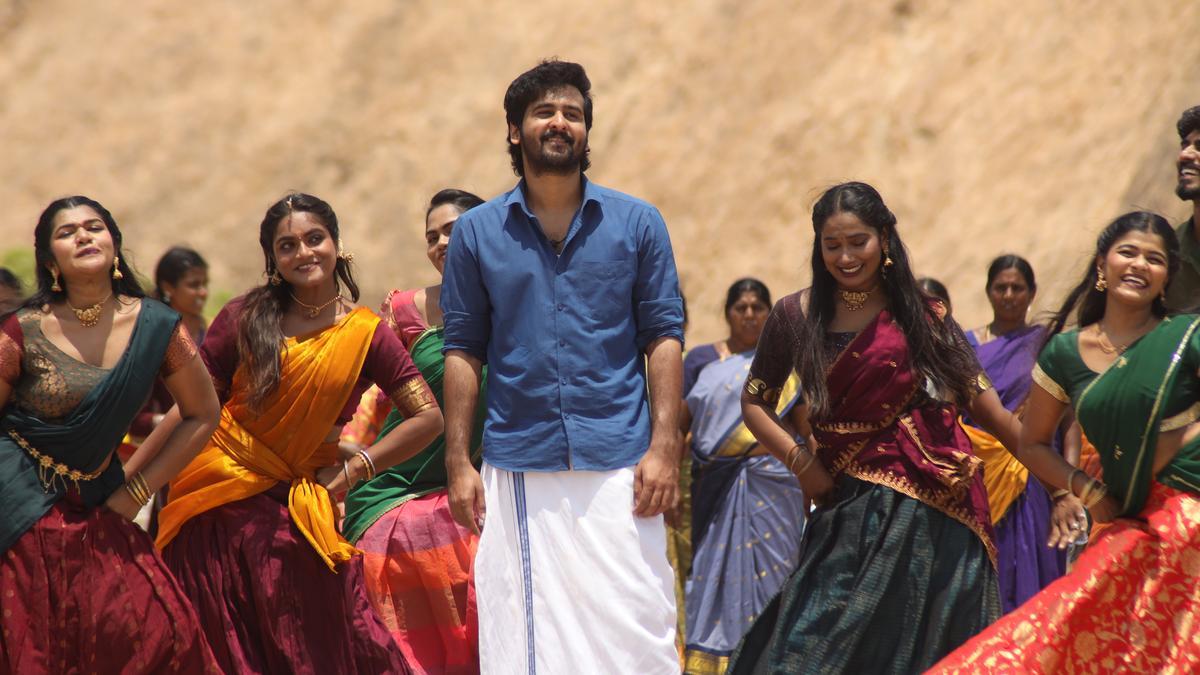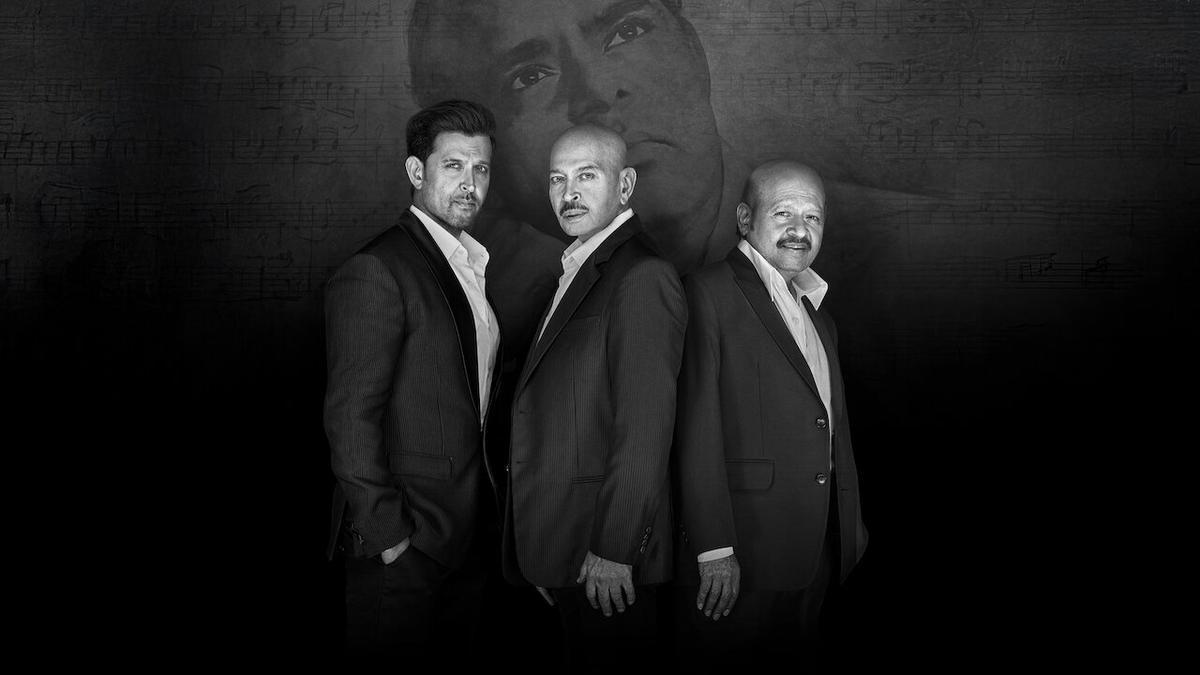
New Delhi: India marked a historic moment on the global cinema stage as Payal Kapadia’s “All We Imagine As Light” clinched the Grand Prix at the 77th Cannes Film Festival. The triumph, celebrated on the festival’s closing day, saw Kapadia sharing the joyous occasion with cast members including Kani Kusruti, Divya Prabha, and Chhaya Kadam. This noteworthy achievement is India’s return to the spotlight after a 30-year gap in this prestigious category.
The inaugural Cannes Film Festival, initially scheduled for 1939, faced an abrupt cancellation due to Germany’s invasion of Poland, marking the onset of World War II. However, it wasn’t until 1946 that the festival officially commenced, embracing the spirit of post-war peace and reconciliation. During this debut event, Indian cinema took center stage, sharing the prestigious Grand Prix honor among films from 11 of the 18 participating countries.
It was Chetan Anand’s social-realist drama, “Neecha Nagar”, that first showcased India’s cinematic prowess by winning the Grand Prix in 1946. For a decade following this win, India maintained a robust presence in the Competition category. Indian cinema’s global stature was further solidified when Satyajit Ray’s iconic debut feature, “Pather Panchali”, won the one-off honor of Best Human Document.
Fast forward to 2024, Mumbai-based filmmaker Payal Kapadia’s ambitious fiction feature debut, “All We Imagine As Light”, broke India’s 30-year hiatus at Cannes. The Malayalam-Hindi language feature tells the compelling story of two young women—Prabha, a nurse from Mumbai, and her roommate, Anu. The film’s production spanned 25 late summer days in Mumbai, with an additional 15 days of shooting in the rainy western port town of Ratnagiri. This richly woven narrative earned the Grand Prix, the second-most prestigious award at the Cannes Film Festival, only surpassed by the Palme d’Or.
The esteemed main competition jury, responsible for this landmark decision, was chaired by acclaimed filmmaker Greta Gerwig.
. The diverse panel included Spanish director Juan Antonio Bayona, Turkish actor and screenwriter Ebru Ceylan, Italian actor Pierfrancesco Favino, American actor Lily Gladstone, Japanese director Hirokazu Kore-eda, Lebanese actor and director Nadine Labaki, and French stars Eva Green and Omar Sy.
Kapadia’s win brings to mind the first iteration of the Cannes Film Festival in 1939, which was tragically postponed due to global conflict. The resumption of the festival in 1946 radically transformed the world cinema landscape, with India establishing a significant footprint. The pioneering efforts of Chetan Anand with “Neecha Nagar” and the subsequent contribution by Satyajit Ray with “Pather Panchali” underscored the country’s cultural and cinematic richness.
Further emphasizing India’s historical Cannes involvement, Kapadia’s “All We Imagine As Light” not only ends the prolonged hiatus but also elevates the country’s modern cinematic landscape. The festival’s main jury, headed by Greta Gerwig and featuring notables such as Juan Antonio Bayona and Hirokazu Kore-eda, signifies the global appreciation and critical acclaim of Kapadia’s work.
The weaving narrative of Kapadia’s film, documenting the lives of Prabha and Anu amidst the bustling yet often challenging environments of Mumbai and Ratnagiri, stood out in the eyes of the jury. This bilingual cinematic piece was lauded for its authenticity, intense storytelling, and introspective portrayal of modern Indian life.
In retrospection, as we celebrate the win at Cannes 2024, it is imperative to remember the footprints left by visionaries like Chetan Anand and Satyajit Ray. Their groundbreaking works paved the way, rendering India’s indelible mark on the global cinematic map. Kapadia’s recent success is not just a personal victory; it is a continuation of a storied legacy that heralds Indian cinema’s resurgence at one of the world’s most prestigious film festivals.
Thus, Kapadia’s “All We Imagine As Light” does more than secure a prestigious accolade; it revives the long-dormant spirit of acclaimed Indian storytelling at Cannes. The 77th edition of the Cannes Film Festival will be remembered as a significant chapter in Indian cinema, celebrating a blend of historical reverence and futuristic cinematic vision.










